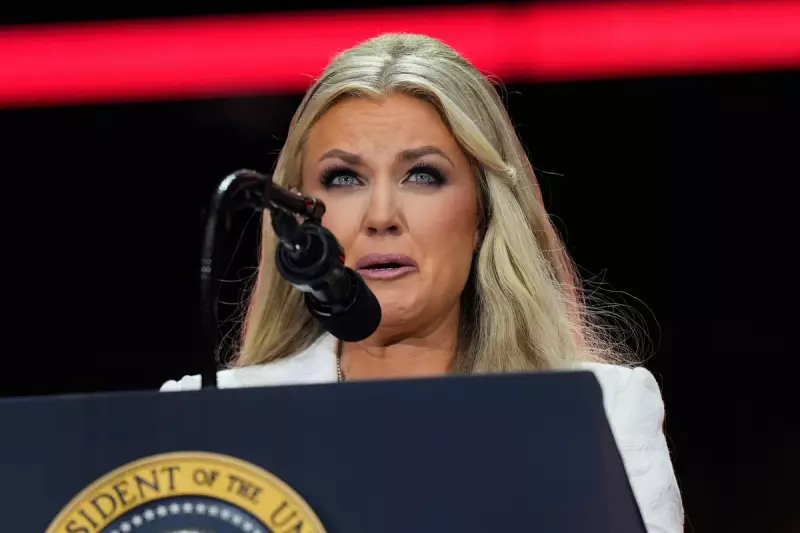
American television has become the unlikely stage for a dramatic confrontation between conservative firebrand Charlie Kirk and late-night host Jimmy Kimmel, culminating in an extraordinary apology from one of America's largest broadcasting companies.
The Controversial Claims That Started It All
Charlie Kirk, founder of the right-wing Turning Point USA, ignited the firestorm during his appearance on a Sinclair Broadcast Group programme. The commentator made startling allegations about Jimmy Kimmel, suggesting the popular ABC host would soon be named in court documents relating to the Jeffrey Epstein case.
Kirk presented no evidence to support these serious claims, stating merely that he had heard "rumours" and believed them to be true. The segment quickly spread across social media platforms, drawing both outrage and support from divided audiences.
Sinclair's Unusual Retreat
In a move that surprised media observers, Sinclair Broadcast Group - which operates nearly 200 television stations across the United States - issued a formal apology for airing Kirk's unsupported allegations.
The media conglomerate acknowledged that the segment had failed to meet their journalistic standards and expressed regret for broadcasting the unverified claims about Kimmel. This rare retreat highlights the ongoing tension between partisan commentary and traditional broadcasting standards.
Kimmel's Fiery Response
Jimmy Kimmel didn't remain silent in the face of these allegations. The late-night host launched a scathing counterattack against Kirk during his ABC show, mocking the commentator's credibility and dismissing the claims as baseless conspiracy theories.
Kimmel's response amplified the story beyond conservative media circles, bringing mainstream attention to the unusual confrontation between entertainment television and political commentary.
Broader Implications for Media
This incident raises significant questions about the responsibilities of broadcasters in an era of increasingly partisan media. The Sinclair apology represents a rare instance of a major media company walking back content from a conservative commentator.
Media analysts suggest this case could set a precedent for how broadcasting groups handle unverified claims made by political commentators on their platforms. The balance between free speech and responsible journalism remains a contentious issue in American media landscape.
What Happens Next?
As the dust settles, observers are watching to see whether this incident will lead to lasting changes in how Sinclair and other broadcasters handle controversial commentary. The affair has already sparked renewed debate about media accountability and the spread of unverified information.
Both Kirk and Kimmel have substantial platforms and loyal followings, ensuring this controversy will likely continue to generate discussion across media divides in the coming weeks.





